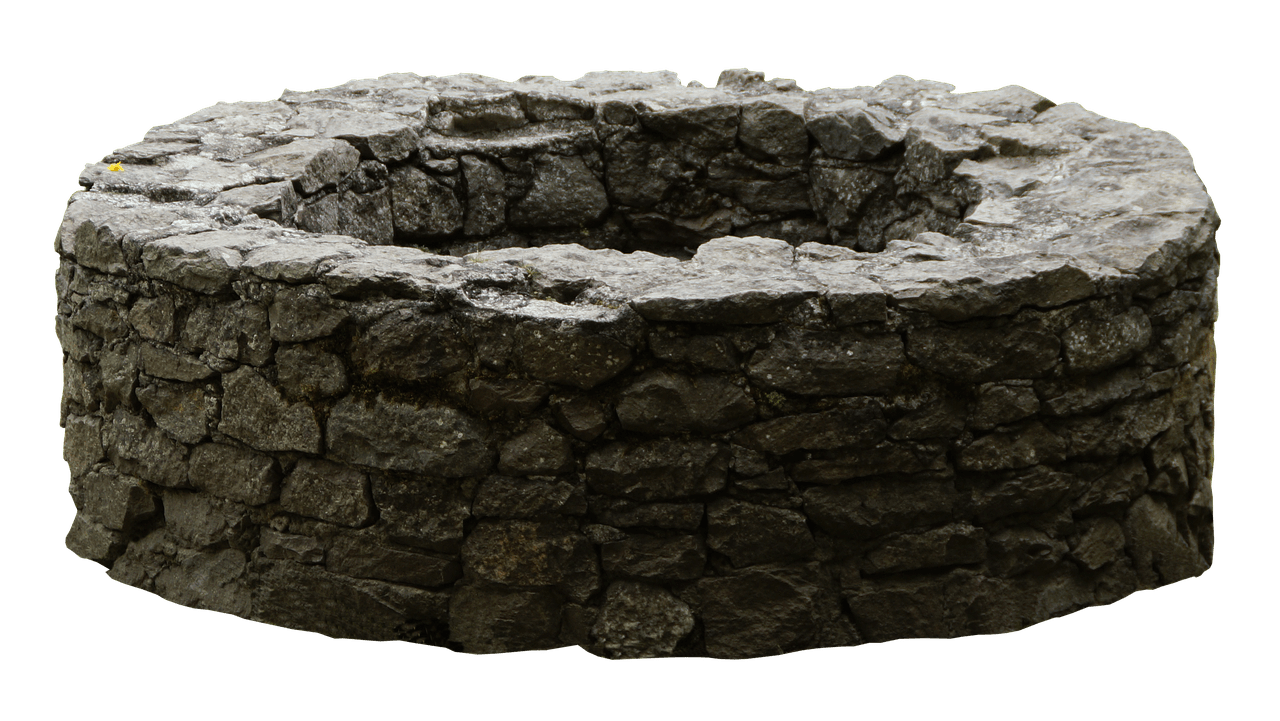A home’s water supply is crucial to the health and wellness of the people who live in it. City water tends to come from a public water supply, while a lot of people who live in rural areas invest in well water.
So long as you’re in proximity to a relatively-large city, you’ll have the option to go with public water. That said, there are perks to both options and we’re going to discuss the differences between them today.
Let’s take a look at well water vs public water and see how they each shape up.
What is Well Water?
Well water comes from a reservoir on your property that sits someplace underground on your land. Professionals dig into your land until they reach the water table or a significant aquifer that can produce water.
One benefit of well water is having access to it at all times without any interference from outside sources. Damages to public water systems or difficulties in the city might put your home in danger of losing access to water for a time.
Additionally, well water comes with enriching minerals that you won’t find in city water. Depending on where you live those minerals can provide numerous health benefits to you and your family.
That isn’t to say that there are sediment and dirt in well water, though. Your home well will have a purification that eliminates sediment and other debris from your water. You can take a look at https://filtersmart.com/blogs/article/the-best-water-filtration-system-for-well-water to get a feel for the purification options available to you.
You also have the benefit of never receiving a water bill. Once your well is in place, the only costs associated with it will be management and testing. It’s important to keep up on the state of your well because it is prone to degradation over time.
It’s also wise to have your vortex water quality checked annually, because the water table is vulnerable to chemicals and pollutants from nearby businesses. Chemical dumping and drilling, for example, are instances where there’s a chance for the water table to be compromised.
What About City Water?
City water is fed by natural water sources in an area. Whether it’s a river, lake, or significant snow and rain runoff, the public water supply is sourced naturally.
It’s then put through a process of purification. Purification tends to involve chlorine, fluoride, and chloramines that eliminate bacteria and viruses that live in water.
Mistakes in purification, though, can lead to significant health issues for large groups of people who are exposed to that water. A smart move to use if you have city water is to install a purification system that’s specific to your home.
That way, the water that reaches your system will be duly treated and you’ll have a lower risk of any pollutants entering your body.
Want to Learn More About Your Water Supply?
It’s important to know how your home is getting its water. Whether you have well water or use a different source, there are always options for you to improve the quality of your water and make sure you’re safe.
Explore our site for more information into water systems and how you can improve yours.

